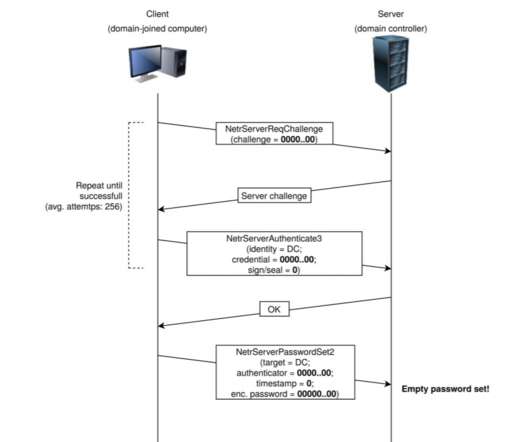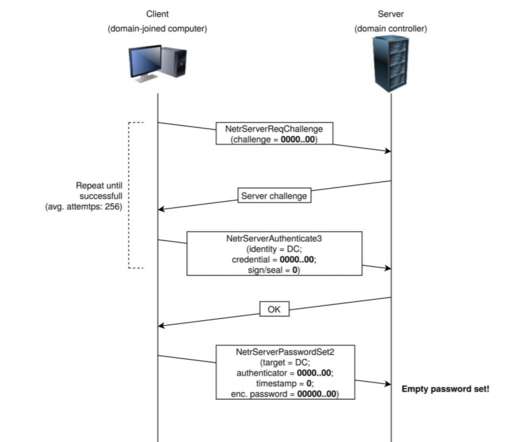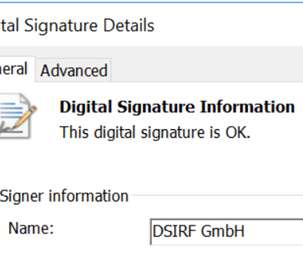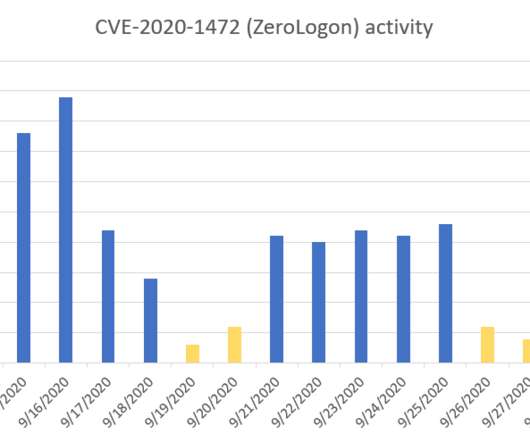Hackers are using Zerologon exploits in attacks in the wild
Security Affairs
SEPTEMBER 24, 2020
Microsoft is actively tracking threat actor activity using exploits for the CVE-2020-1472 Netlogon EoP vulnerability, dubbed Zerologon. — Microsoft Security Intelligence (@MsftSecIntel) September 24, 2020. We strongly recommend customers to immediately apply security updates for CVE-2020-1472.













Let's personalize your content